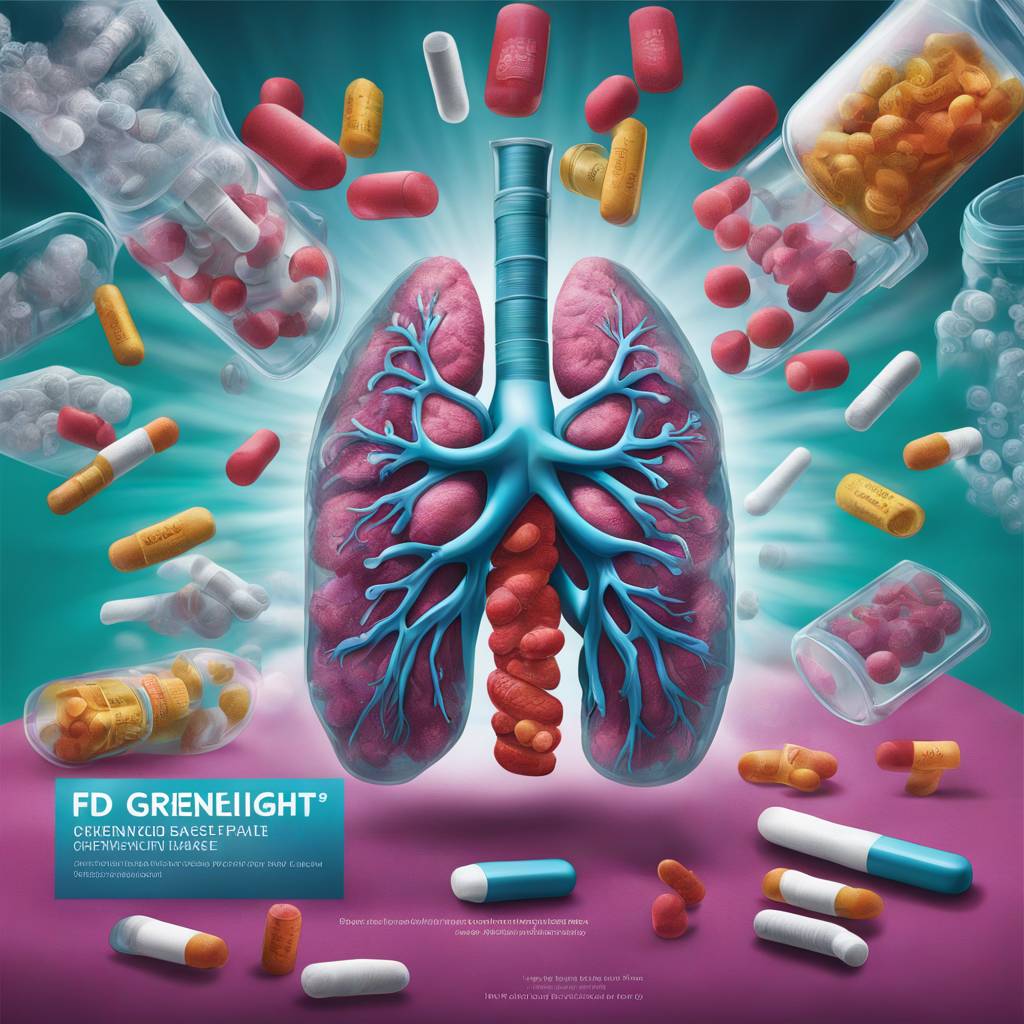The Food and Drug Administration recently approved a drug from Merck called Winrevair to treat pulmonary arterial hypertension, a rare and life-threatening lung condition affecting roughly 40,000 people in the U.S. This is a significant win for both the drug maker and for patients suffering from the disease, as Winrevair is the first drug to target the root cause of PAH, rather than just managing the symptoms. The condition narrows the blood vessels in the lungs, leading to high blood pressure in the arteries and potentially damaging the heart. The five-year mortality rate for patients diagnosed with PAH is 43%, making Winrevair’s approval a crucial development in combating this disease.
Merck expects Winrevair to be available in select specialty pharmacies in the U.S. by the end of April. The drug will be administered via injection every three weeks and is distributed in single or double vial kits. The cost of the treatment is set at $14,000 per vial before insurance, but Merck offers a program to help eligible patients with out-of-pocket costs and copays. Winrevair is designed to be used in conjunction with existing therapies to increase exercise capacity, reduce the severity of PAH, and minimize the risk of the disease progressing.
The approval of Winrevair marks a crucial step for Merck in diversifying its revenue stream as it anticipates a market exclusivity loss for its top-selling cancer immunotherapy, Keytruda, in 2028. Analysts project that Winrevair could generate around $5 billion in annual sales by 2030, becoming one of Merck’s key growth drivers. The company’s Chief Medical Officer, Eliav Barr, believes that Winrevair will be a game-changer for patients living with PAH and will significantly improve their quality of life. Merck acquired the rights to Winrevair through its acquisition of Acceleron Pharma in 2021, estimating that the PAH market could be valued at $7.5 billion by 2026.
The FDA’s approval of Winrevair was based on data from a late-stage trial involving more than 300 patients with moderate PAH who were already taking another medication for the condition. The results showed that Winrevair combined with an existing therapy helped patients walk approximately 40.8 meters more in six minutes compared to those who received a placebo after 24 weeks. The drug also significantly improved eight of nine secondary goals in the study and reduced the risk of death or worsening of the condition by 84% when compared to the existing treatment alone. Adverse events associated with Winrevair were less common compared to those in the placebo group, with side effects including nose bleeds, headaches, and rashes.
One advantage of Winrevair is that patients can self-inject it under the skin with proper training, unlike some existing PAH treatments that require administration by medical professionals at infusion centers. Merck is currently conducting additional phase two and phase three trials on patients with more advanced PAH, with expected completion dates in 2025 and 2026. The company continues to study the drug’s efficacy and safety in different patient populations to further improve outcomes and expand treatment options for individuals living with PAH.













